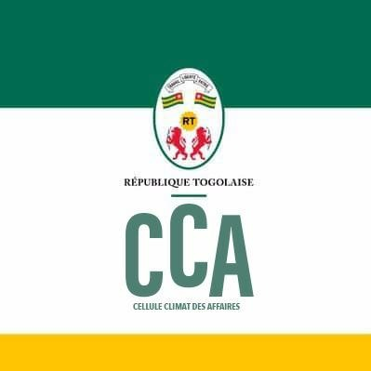Lomé: Togolese Bankers Discuss Risk Management in WAEMU

(Togo First) - Last Saturday, October 12, several Togolese bankers and finance experts gathered in Lomé for a "Loft of the Weekend" workshop focused on banking risk management. Held in Baguida, the session was led by Khalid Yacoubou-Boukari, Commitments Manager at IB Bank Togo and a risk management consultant.
Participants learned about risk management regulations, particularly Circular N°04-2017/CB/C, an important document in WAEMU's regulatory framework.
Risk management, a regulatory priority
This circular, issued by the WAEMU Banking Commission, sets strict standards for credit institutions and financial companies in the region. Its goal is to enhance the resilience of financial institutions against increasing risks in a volatile global economy.
Yacoubou-Boukari outlined key aspects of the circular, which requires each institution to implement a risk management system that addresses four main areas: credit, market, liquidity, and operational risk. “Governance bodies must play a leading role in defining a clear risk management strategy, supported by a risk appetite policy and strict operational limits,” the IB Bank executive added.
The circular mandates that WAEMU financial institutions establish independent risk management systems with adequate human and technical resources. These systems should improve risks assessement. “This framework is based on a holistic approach, where risk management is a cross-cutting component, linked to all the bank's operations,” added Yacoubou-Boukari.
Risk Mapping and Tolerance for Risk
A major issue discussed at the workshop was risk mapping, which banks must update regularly. According to the circular, this mapping should help identify the main risks faced by the institutions; categorized by business sector and geographical area; and be approved by governing bodies once a year, at least. Regular updates would help identify emerging risks in real-time and incorporate them into the bank's risk management system.
Yacoubou-Boukari also emphasized the importance of a risk appetite policy that outlines the overall and operational risk limits an institution is willing to accept. This includes thresholds for credit tolerance and off-balance sheet transactions. “Any breach of these limits must be immediately escalated to the governing bodies for corrective action,” he reminded attendees.
Team building and crisis simulations
To address growing demands for effective risk management, the circular calls for strengthening specialized teams within financial institutions. Yacoubou-Boukari highlighted ongoing training initiatives from the Commission Bancaire, including programs like Basel II-III courses that are becoming essential for UEMOA bankers aiming for risk management roles. In this framework, a partnership was sealed with HEC Paris to offer regional bankers strategic, and subsidized, banking certifications. “A well-staffed risk department, with sufficient authority, is important if the institution is to cover all the risks it faces, efficiently,” Yacoubou-Boukari explained.
The circular also mandates crisis simulations to test the strength of risk management systems during unexpected events. These simulations help institutions anticipate potential shocks and develop corrective action plans to better handle financial crises or operational disruptions. Additionally, institutions must establish a continuous monitoring system to identify potential deviations from set risk limits and alert governance bodies as needed.
The Role of Governance Bodies
Risk governance is central to the circular's recommendations. According to the expert, the risk committees of bank boards are responsible for ensuring that all risk management policies and procedures are properly implemented. These committees actively monitor risks and report regularly to the Banking Commission.
Khalid Yacoubou-Boukari emphasized the need for a clear separation of duties between operational departments, especially those focused on revenue generation, and risk departments. This independence is crucial to avoid conflicts of interest and ensure objective risk management.
Banks must submit a detailed risk management report to their governing bodies every six months. This report must cover the nature and level of risk exposure, capital and liquidity requirements, as well as the quality of the loan portfolio and related provisions. Regular reviews must also be conducted for concentration risks, particularly for significant exposures in specific sectors or regions.
A Modernization Dynamic
The workshop also highlighted that risk management in WAEMU should go beyond just meeting regulatory requirements; it should be part of a modernization effort. The circular encourages financial institutions to adopt technological tools for better data collection and analysis, especially regarding operational loss events.
Furthermore, any introduction of new financial products must be carefully assessed for inherent risks. “Each product, each process must be scrutinized from a risk perspective, with appropriate mitigation measures,” explained Yacoubou-Boukari. The goal is to ensure that financial innovations strengthen institutions rather than weaken them.
Fiacre E. Kakpo

















